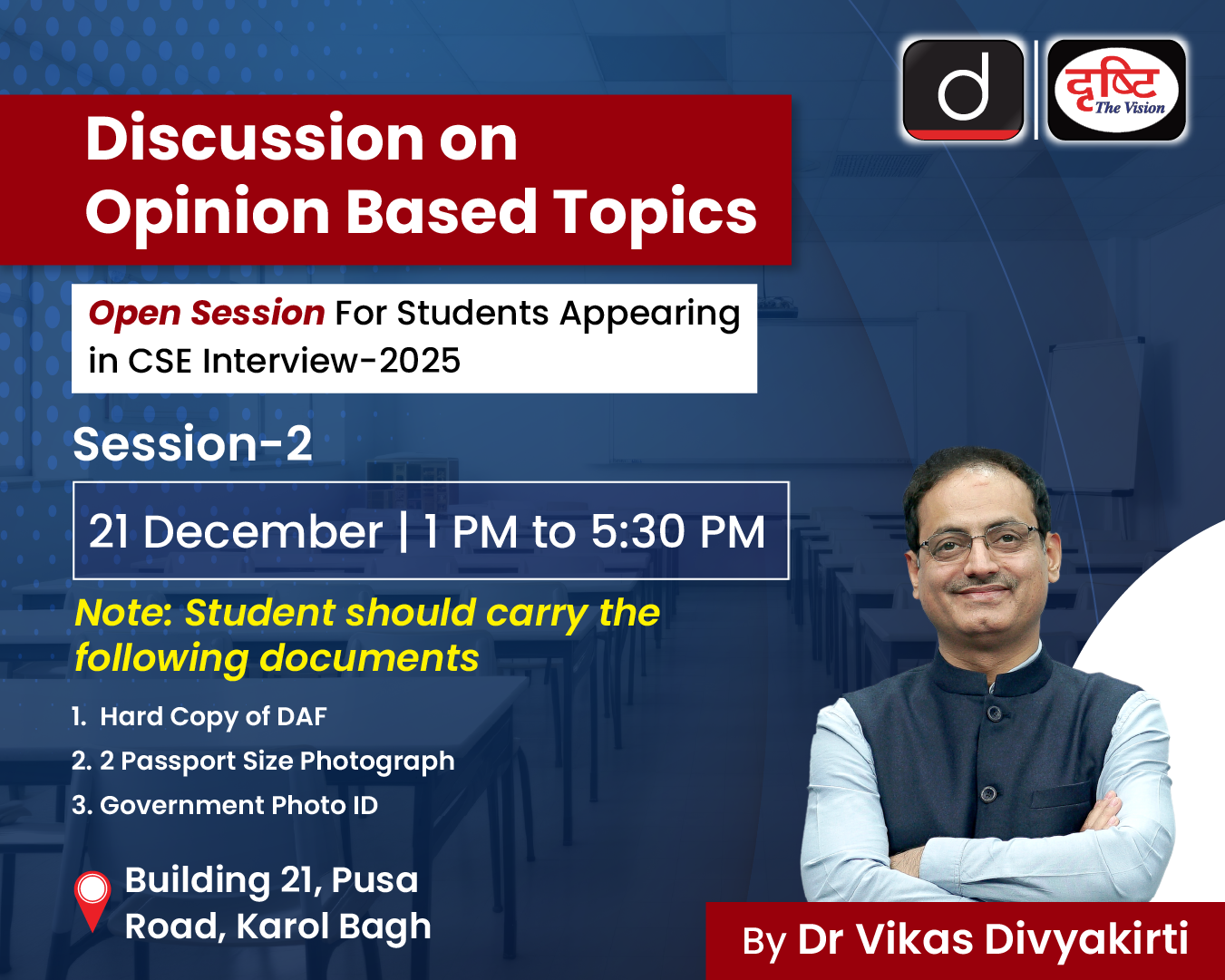-
26 Aug 2023
GS Paper 2
Polity & Governance
Day 36: What are the key reasons behind the lack of effective waste management and sanitation systems in many Urban Local Bodies in India? (150 words)
- Introduce by writing about urban local bodies and their inability in tackling waste management.
- Highlight the reasons behind the lack of effective waste management.
- Write some effective and practical solution to it.
- Conclude accordingly.
Answer:
Urban Local Bodies (ULBs) in India are the local government bodies that manage cities and towns. The 74th Constitutional Amendment Act, 1992 aims to make these local governments more effective, promote democracy at the local level, and ensure that cities are well-governed and sustainable.
- A 2022 survey by the Ministry of Housing and Urban Affairs discovered that 55% of ULBs didn't have enough waste collection facilities.
Reasons behind the lack of effective waste management and sanitation systems:
- Inadequate Infrastructure and Resources: According to a CPCB report, only about 59% of the total waste generated in Indian cities is collected, and a significant portion of collected waste remains unprocessed or disposed of improperly.
- Population Growth and Urbanization: Rapid urbanization has led to increased waste generation, overwhelming existing waste management systems.
- The population growth in cities like Mumbai and Delhi has strained waste management infrastructure, resulting in inadequate waste disposal and increasing pollution.
- Poor Enforcement of Regulations: Despite regulations against open dumping, unauthorized dumpsites continue to exist in many cities due to lax enforcement.
- In the 2020 survey, it was found that around 13.8% of urban households reported irregular waste collection services.
- Lack of Waste Segregation: World Bank Report (2018) estimated that India produces approximately 150,000 tons of solid waste daily, with a significant portion remaining uncollected due to inadequate infrastructure and resources.
- Budget Allocation: According to data from the Ministry of Housing and Urban Affairs, the allocation for waste management in municipal budgets often falls short of the actual requirements.
- Example – Bengaluru one of India's largest cities, has faced persistent waste management challenges.
- Lack of Dumping Grounds and landfills: The Ghazipur landfill in Delhi is one of the largest and most infamous dumping sites in the country.
- It has reached a height taller than the Taj Mahal and has been called a "time bomb" due to its instability and potential for landslides.
Measures to tackle it:
- Community Engagement: Involve local communities in waste management planning, decision-making, and monitoring to foster a sense of ownership.
- Example: The "Namma Ooru Namma Gethu" campaign in Chennai engaged citizens in waste management efforts, resulting in improved waste segregation and reduced littering.
- Source Segregation: Encourage households and businesses to segregate waste at the source into categories like organic, recyclable, and non-recyclable.
- Example: The Surat Municipal Corporation successfully implemented source segregation, leading to increased recycling rates and reduced landfilling.
- Decentralized Waste Processing: Establish small-scale decentralized waste processing units for composting and recycling within neighborhoods.
- Example: The Alappuzha Municipality in Kerala implemented a decentralized waste management model, achieving zero-waste status in some areas.
- Technology Adoption: Invest in modern waste management technologies such as waste-to-energy plants, bio methanation, and efficient collection systems.
- Example: The "Waste to Wonder" initiative in Delhi converted waste into usable products, including energy and construction materials.
- Public-Private Partnerships (PPPs): Collaborate with private entities for efficient waste collection, processing, and management.
- Example: The Indore Municipal Corporation's PPP model improved waste collection and transportation services.
- Regular Monitoring and Data Collection: Implement robust monitoring systems to track waste generation, collection rates, and processing efficiency.
- Example: The "Swachh Survekshan" rankings by the Ministry of Housing and Urban Affairs assess ULBs' cleanliness and sanitation performance.
The 15th Finance Commission of India, in its recommendations, proposes the allocation of performance-based grants to ULBs based on certain indicators, such as solid waste management, water supply, and sanitation and recognized the critical role of urban governance in fostering sustainable development and improving the quality of life in urban areas.





